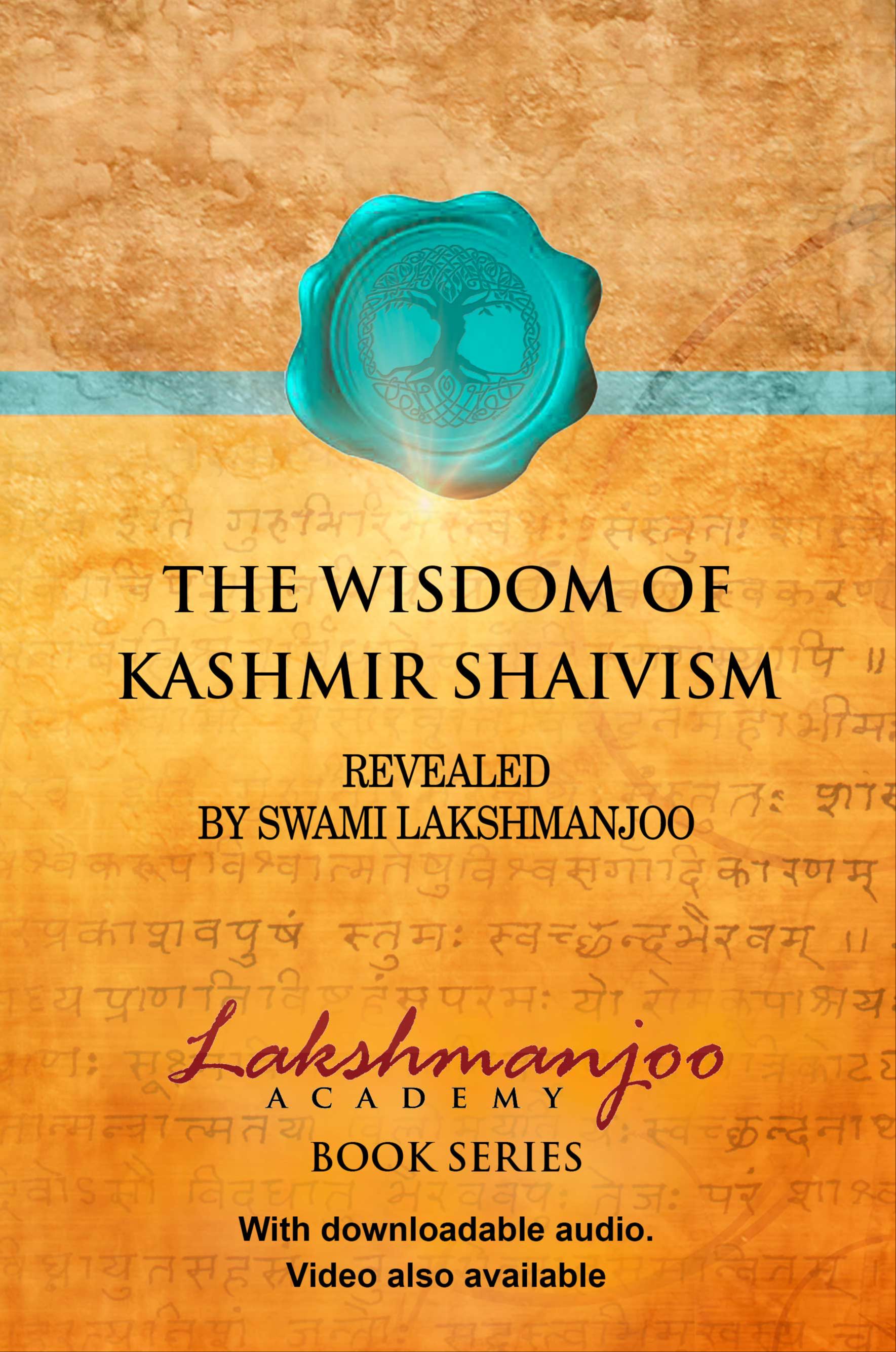
Abhinavagupta tells us that there is a war going on between our senses. In the senses there is joy, and joy fights with sadness, sadness fights with joy. In this excerpt, we will learn what a yogi must do in this internal battle.
This video snippet is part one of the Essence of the Bhagavad Gītā, as composed by the renowned 10th-century CE philosopher/saint Abhinavagupta. There are eighteen saṅgraha ślokas, which are based on Abhinavagupta’s illuminating and original commentary, known as the Kashmiri version of the Bhagavad Gītā.
Kashmir Shaivism is a purely monistic philosophy. This means that only one being exists. It is not a duality where there is a separation between man and God. In Kashmir Shaivism Lord Shiva, Lord Kṛṣṇa and the limited human being (jīva) are one and the same Being.
Swami Lakṣmanjoo referred to these saṅgraha ślokas as “The Bhagavad Gītā in a Nutshell.”
SWAMIJI: In the first chapter, the conclusion of the first chapter is, from the viewpoint of Abhinavagupta, he explains that there is a war going on between your senses, in the organs of senses there is a war always going on. In the senses there is joy, and joy fights with sadness, sadness fights with joy. In the same way, there is lust, lust fights with detachment, detachment fights with lust. It is all going on in one’s own body, this war.
So this is the conclusion of the first chapter. You’ll find this saṅgraha śloka at the end of the first chapter of the Bhagavad Gītā.
विद्याविद्योभयाघातसंघट्टविवशीकृतः ।
युक्त्या द्वयमपि त्यक्ता निर्विवेको भवेन्मुनिः ॥१॥
vidyāvidyobhayāghātasaṁghaṭṭavivaśīkṛitaḥ /
yuktyā dvayamapi tyaktā nirviveko bhavenmuniḥ // 1 //
What a yogī has to do in this war, in this battlefield . . .
Which battlefield?
. . . of senses, i.e. good fighting with bad, right fighting with wrong, pride fighting with humility, humility fighting with pride; all the opposites are fighting every now and then. This fight does not persist only in waking state, this fight persists in dreaming state also. Everywhere you find this fight. You have to observe this fight going on in your own brain, in your own mind.
What you have to do there, what you must do, what a yogī must do there he says.
Vidyāvidyobhayāghāta saṁghaṭṭa vivaśīkṛitaḥ.
Should I do right or should I do wrong?
When this fight goes on with right and wrong you are in a fix what to do; should we do this or should we do that?
DENISE: Especially if doing wrong is to your advantage . . . if doing wrong would give you something better than right. Temporarily.
SWAMIJI: Something, yes.
Vidyāvidya ubhayāghāta saṁghaṭṭa vivaśīkṛitaḥ yuktā dvayamapi, if there is yukti, if there is a way, an avenue . . . the avenue is only dvayam api tyaktā don’t think of right, don’t think of wrong, be relaxed in your own nature, just enjoy, enjoy this fight.
JOACHIM: Give up duality!
SWAMIJI: Yes. You just witness it. You have to witness it only, don’t get entangled in right and wrong, [during] this war. Just witness this war, then you will get rid of this war and there will be neither right nor wrong.
This is the conclusion of the first chapter of Bhagavad Gītā.
Source: Bhagavad Gita in a Nutshell – Abhinavagupta’s concluding verses,
revealed by Swami Lakshmanjoo (soon available as an eBook).
Copyright © John Hughes






